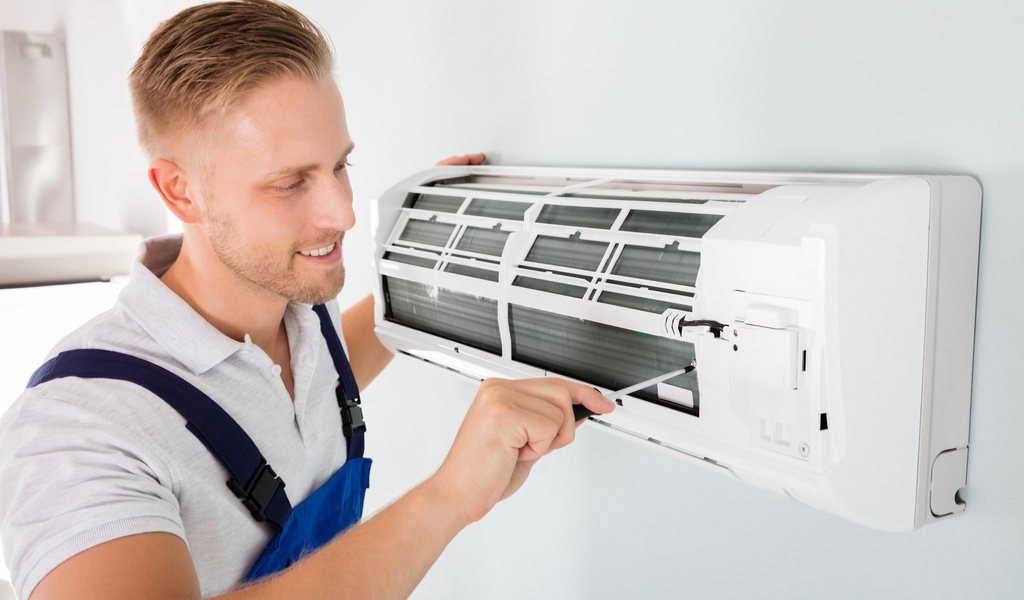In an era of rapid urbanization and environmental concerns, the interconnectedness of various factors impacting our planet has become increasingly evident. One such vital connection exists between air quality and energy efficiency, revealing a symbiotic relationship that holds the key to sustainable living and a healthier future. Air quality refers to the composition of gases and pollutants present in the air we breathe. Unsurprisingly, urban centers often grapple with poor air quality due to vehicular emissions, industrial activities, and other human interventions. This not only jeopardizes human health but also has broader ecological consequences. Enter energy efficiency – a critical solution that addresses this challenge while offering an array of benefits. Energy efficiency entails optimizing the use of energy to achieve a desired output. Buildings, transportation, and industries are major energy consumers. However, inefficient energy use contributes to higher emissions and poor air quality.
By adopting energy-efficient technologies and practices, we can significantly mitigate these effects. For instance, improved building insulation reduces the need for excess heating or cooling, subsequently lowering energy consumption and emissions. Similarly, advanced industrial processes minimize waste and emissions, further enhancing air quality. Renewable energy sources, such as solar and wind power, play a pivotal role in this narrative. Shifting towards these sources not only curbs greenhouse gas emissions but also alleviates the air quality crisis. Unlike fossil fuels, renewables produce minimal pollutants during energy generation, leading to cleaner air in urban areas. Moreover, decentralized renewable systems empower communities to generate their own energy, diminishing the reliance on centralized power plants that often contribute to pollution. The connection between air quality and energy efficiency isn’t just limited to emissions reduction.
It extends to public health and quality of life. Poor air quality is linked to respiratory illnesses, cardiovascular diseases, and a host of other health problems. By prioritizing energy efficiency, we can tangibly enhance public health outcomes. Cleaner air leads to healthier citizens, reduced healthcare costs, and increased productivity. Governments and industries are increasingly recognizing the significance of this nexus. Policy frameworks that promote energy-efficient practices, coupled with incentives Pensacola air conditioner repair for renewable energy adoption, are gaining traction worldwide. Such initiatives not only improve air quality but also drive technological innovation and economic growth. In conclusion, the intricate connection between air quality and energy efficiency underscores the urgency of a holistic approach to environmental and urban planning.
Air & Energy of NWFL
3930 North W Street, Pensacola, FL, 32505
(850) 477-7101

